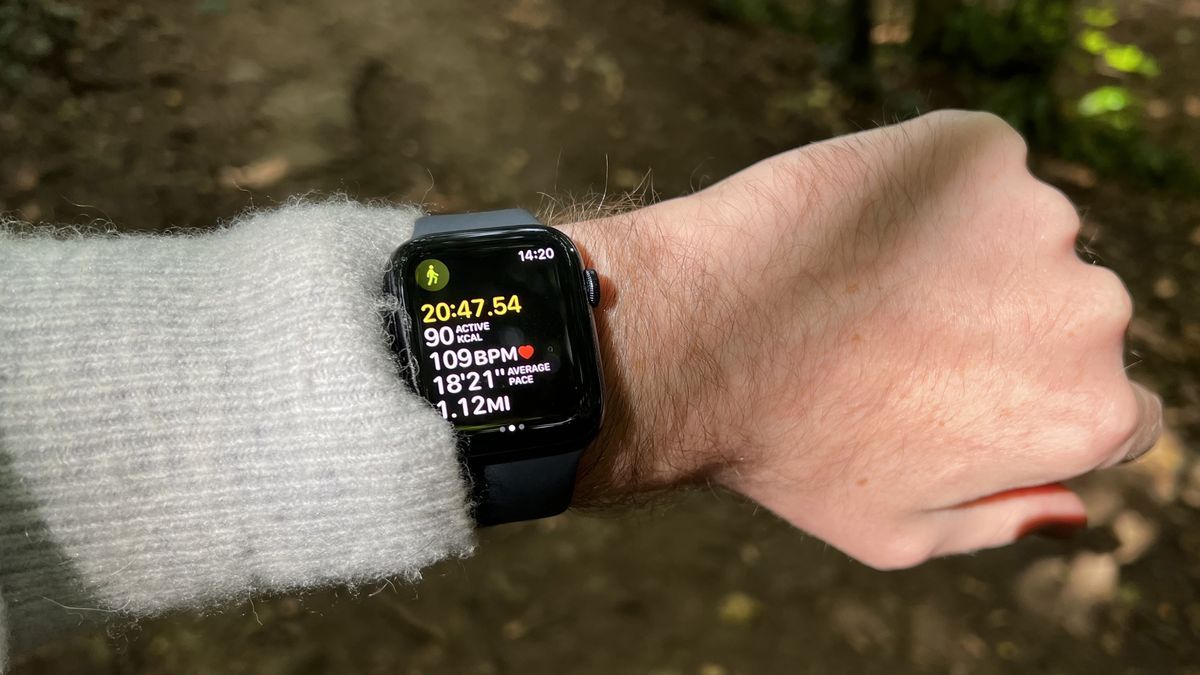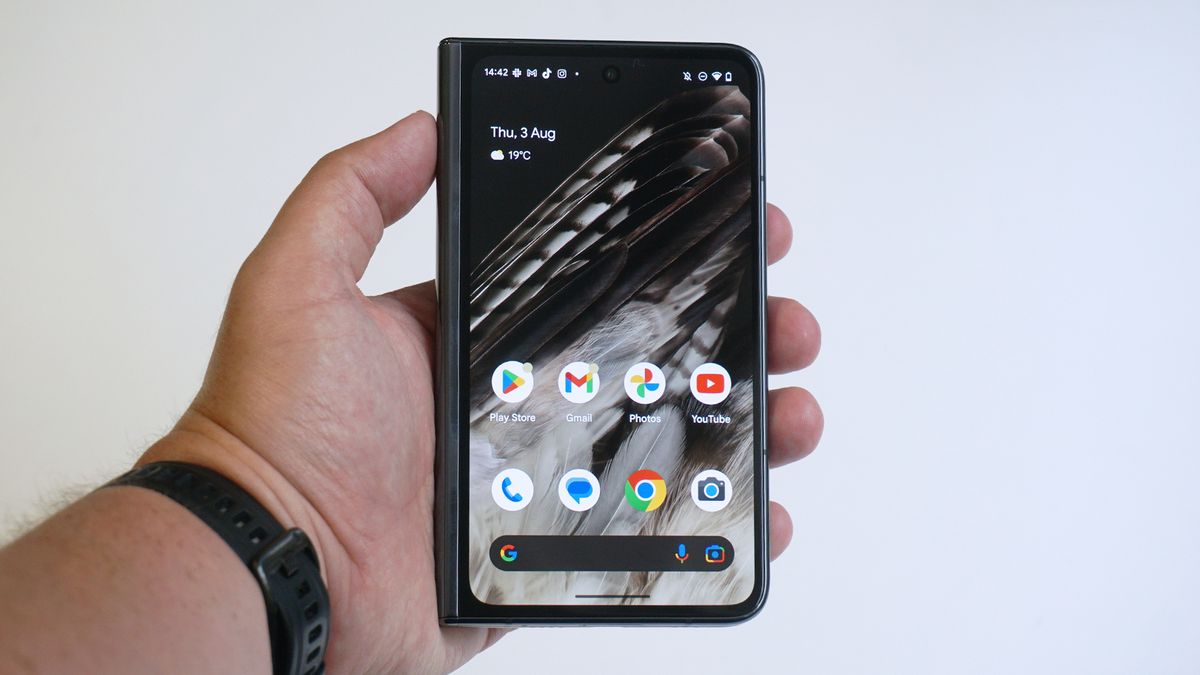The upcoming Apple Watch SE could be made mostly of plastic. Well-known industry insider Mark Gurman claimed in his recent newsletter that the tech giant is thinking of ditching the aluminum casing for the upcoming wearable. Instead, there will be a body made of a “hard plastic.”
The current SE model has some plastic in its construction, with a back shell made of a nylon composite. But with this decision, Apple would fully embrace plastic as its primary material.
It is unknown what type of plastic this is, but it is likely to be a type of fiber-reinforced polymer (FRP). FRPs are noted for their high strength, lightweight nature, and anti-corrosion properties.
Other smartwatch brands, such as Garmin, use polymer in their devices and limit the use of nylon in their bands. Apple could follow a similar path, although this is mere speculation.
Low-cost portable device
Gurman theorizes that the new plastic casing is being implemented in an effort to compete with the Galaxy Watch FE. Samsung introduced its wearable on June 24, which stands out for its aluminum frame. The Bluetooth model of the Galaxy Watch FE costs $199.99, while the LTE version is priced at $249.99 in the US. By comparison, the Apple Watch SE 2022 costs $249.99.
Apple's move, assuming the company goes ahead with it, could bring prices down to $200, maybe even less. This wouldn't be the first time the company has experimented with different builds for its products. The 2013 iPhone 5c featured a polycarbonate design.
It wasn't pure plastic, though, as it had a steel frame underneath. It's possible that the Apple Watch SE 2024 won't have metal at all. It's entirely possible. Some of Garmin's mid-range smartwatches have nothing but an FRP body.
Initial reactions online are mixed, with some people on the Apple subreddit responding positively and others concerned about sustainability. Apple aims to be completely carbon neutral by 2030, so wouldn't opting for a plastic Apple Watch go against that mission? It's a tricky question to answer.
For example, consider the production of soda cans and plastic bottles. According to Reuters, the production of cans “emits about twice as much carbon into the atmosphere” compared to plastic.
While plastic production may emit less carbon in the short term, the material does not last as long as metal, which increases pollution in the long term. Extending this idea to smartwatches creates an issue regarding the longevity of the device.
Will a plastic Apple Watch, however durable, have a shorter lifespan than the aluminum device? Will it be more susceptible to wear and tear, forcing people to buy the upgrade? It's hard to say for sure. We'll have to wait for more information, if and when the wearable is officially announced.
As with all leaks, this information should be taken with a grain of salt. Make sure to check out TechRadar's list of the best Apple Watches for 2024.









